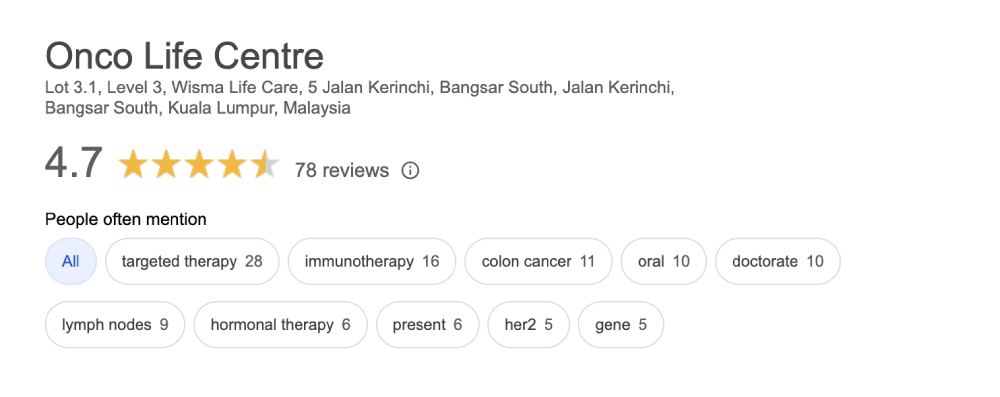





There are several types of kidney cancer:
Renal cell carcinoma (also commonly known as renal cancer or renal cell cancer) is the most common type of adult kidney cancer, making up about 85% of diagnoses.
This is also called urothelial carcinoma. It accounts for 10% to 15% of the kidney cancers diagnosed in adults.
Sarcoma of the kidney is rare and develops from the soft tissue of the kidney or the capsule or surrounding fat.
This is most common in children and is treated differently than kidney cancer in adults.
Lymphoma is associated with enlarged lymph nodes in other parts of the body, including the neck, chest, and abdominal cavity. In rare cases, kidney lymphoma can appear as a lone tumor mass in the kidney and may include enlarged regional lymph nodes.
The most common types of kidney cancer cells are listed below:
About 70% of kidney cancers are made up of clear cells. Clear cells range from slow growing to fast growing. Clear cell kidney cancer is particularly responsive to immunotherapy and targeted therapy.
Papillary kidney cancer develops in 10% to 15% of patients.
Each of the tumor subtypes of clear cell, chromophobe, and papillary in kidney cancer can show highly disorganized features under the microscope, also described as sarcomatoid which suggest a very aggressive form of kidney cancer.
This is a rare and highly aggressive cancer that is more common in black people and is highly associated with having the sickle cell trait.
Chromophobe is uncommon and may form indolent tumors.
This is a slow-growing type of kidney cancer that rarely, if ever, spreads.
Our kidney cancer experts at Onco Life Centre can discuss your treatment options and recommendations based on several factors, including staging, the type, cell type, and stage of cancer, patient preferences and overall health.
Treatment for kidney cancer is most often with surgery, targeted therapy, immunotherapy, or a combination of these. Occasionally, radiation therapy and chemotherapy regimens for renal cell carcinoma are also used. Patients with kidney cancer that has spread (metastatic kidney cancer) often receive multiple lines of treatments.
If the cancer has not spread beyond the kidneys, surgery to remove the tumor, part or all of the kidney, and possibly nearby tissue and lymph nodes, may be the only treatment necessary. The types of surgery used for kidney cancer include the following procedures. Read More ...
Targeted therapy for renal cell carcinoma (RCC) is a treatment that targets the cancer’s specific genes, proteins, or the tissue environment that contributes to cancer growth and survival. This type of treatment blocks the growth and spread of cancer cells while limiting damage to healthy cells. Read More ...
Immunotherapy for renal cell carcinoma (RCC), is designed to boost the body’s natural defenses to fight cancer. It uses materials made either by the body or in a laboratory to improve, target, or restore immune system function. Read More ...
Chemotherapy for renal cell carcinoma is the use of drugs to destroy cancer cells, usually by stopping the cancer cells ability to grow and divide. Read More ...
Radiation therapy is the use of high-energy x-rays to destroy cancer cells. Most often, radiation therapy is used when the cancer has spread to help ease symptoms, such as bone pain or swelling in the brain. The most common type of radiation treatment is called external-beam radiation therapy. When radiation treatment is given using implants, it is called internal radiation therapy or brachytherapy. Another type of radiation therapy is stereotactic radiosurgery, which is designed to direct the radiation therapy to a specific area without damaging nearby tissue.
The following factors may raise a persons risk of developing kidney cancer.
Onco Life Centre combines key elements of kidney cancer care and kidney cancer treatment under one roof, with convenience and speed. At Onco Life Centre, we have the necessary medical disciplines to achieve this. Our board certified highly experienced consultant oncologists have earned recognition for excellence in the field of kidney cancer treatment, providing our patients with the most advanced kidney cancer treatment options.

Dr. Christina Ng is a Consultant Medical Oncologist and Founder President of Empowered, The Cancer Advocacy Society of Malaysia.…
Treatment cost for kidney cancer depends on several factors, such as the staging and the type of the kidney cancer. The more advanced the cancer stage, the more expensive it becomes to treat the cancer. At Onco Life Centre, the cost for treating kidney cancer using targeted therapy for most of our patients is about MYR5,000 per cycle. The cost of kidney cancer immunotherapy can range from MYR10,000 and above depending on the specific type and dosage of immunotherapy drug used.
Patients and their families have opportunities to talk about the way they are feeling with our oncologists, nurses, counselors, or join our psychosocial program and support group at Onco Life Centre.

